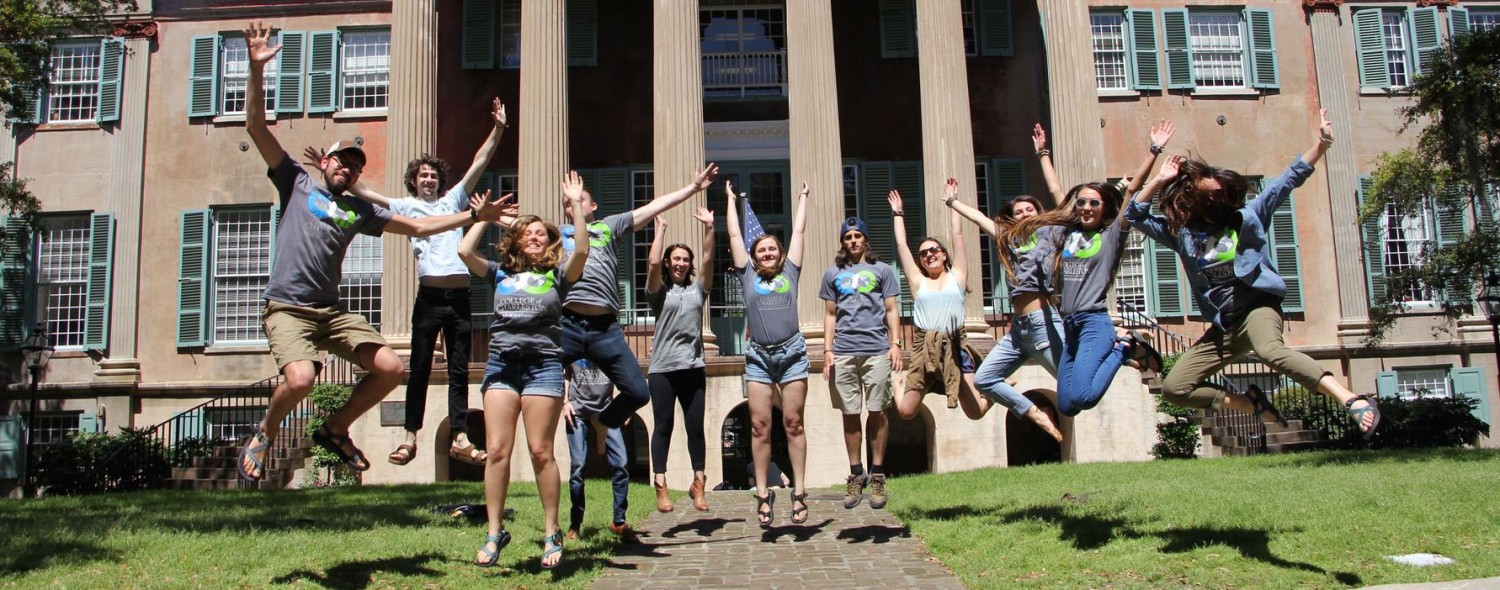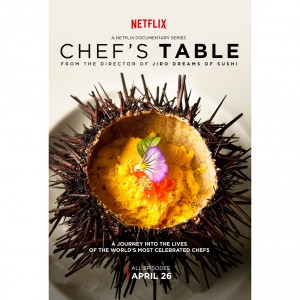What’s on your plate?
Dan Barber, Chef at Blue Hill farms, once said in the documentary Chef’s Table that America “did not adopt the more difficult less coveted cuts of meat or varieties of vegetables and grains because we did not need to, that’s a real tragedy for our history. You have the recipe for what is American cuisine today which is not really a cuisine; not great ingredients and large abundance.” Where does your food come from? How is it manufactured? Is it grown ethically? These are the types of questions I am trying to answer. Everybody has to eat but not everybody considers where the food on their plate truly comes from. During the last 5 months I have been discovering and challenging myself to better understand where my food comes from. I am still learning how the food industry works but my hope is that this blog post will inspire the reader to consider where their plate of food comes from before eating as well as how it impacts their environment, health, and future.
My journey began last semester when I took an Introduction to Environmental Studies course. During part of this course we had to give our thoughts and critique the documentary Food, INC. This was the first time I had ever watched Food, INC. and it was the first time I heard about industrialized agriculture. I was amazed to see how much industrialized agriculture has a control on the food industry. I felt as if my eyes were opened not only to the world of industrialized agriculture but also to the questions about where our food is being produced. From that point on I have been determined to better understand how and where food is being produced.
In the same semester I watched another documentary called Chef’s Table on Netflix. Not only is the cinematography and stories well portrayed, each episode has a great message. Episode 2, in particular, highlighted Chef Dan Barber and his passionate journey to inspiring the world to rethink farm-to-table food. The episode shows how Dan sought out flavorful foods, “when you pursue great flavor, you also pursue great ecology.” Dan also mentions that “we need the humbleness and clarity to see that our food, while benefitting from technological advances, has benefitted even more from free ecological resources: Cheap energy, lots of water everywhere, and a stable climate.” Overall, this episode really inspired me and gave me hope that there are people out there who care about the environment and quality food.
If you are considering what might be on your plate and want to make changes I highly recommend these two documentaries. I have only been at this for about five months but my perspective towards the food industry has totally changed. Dan Barber from Chef’s Table has inspired me and the world about his sustainable efforts to positively inform and educate patrons on where their plate of food originates from.
Why it’s important to consider where your plate of food comes from:
- Increasing of CO2 emissions from livestock and machinery.
- Stressing the environment:
- Mass production of crops and not letting them recover. Also, pesticides and other chemicals being injected into our ecosystem.
- Industrialized agriculture is focusing on crops such as corn which is used to make processed foods that are contributing to Americas’ obesity and health issues.
- Some animals are given antibiotics to make them bigger faster which is unhealthy for the animal and therefore unhealthy for the consumer.
- Pesticides that are used on agricultural crops can be harmful to human health.
Positive and hopeful projects:
- Did you know: Starbucks is working on giving all of its leftover food to people who are in need of food rather than throwing it all away. Reducing food waste.
- Did you know: that Growfood Carolina is a food hub for local, mom and pop, farms in order to distribute the food items to stores and restaurants. Supporting local economies. Link to website: http://coastalconservationleague.org/projects/growfood/
- Did you know: that Lowcountry Street Grocery is a mobile farmers market dedicated to providing fresh affordable foods to food deserts. Helping the community. Link to Lowcountry Street Grocery website: http://www.lowcountrystreetgrocery.com/
Helpful Resources and Links:
http://www.ucsusa.org/food_and_agriculture#.VvvpKZwrLIV Good Resources
http://www.polyfacefarms.com/ Organic Farmer
http://www.jiminyco.com/why-eat-crickets.html Eating Crickets is sustainable?
-Ben Volk, Sustainability Intern: Sustainable Food Policy




Excellent article. You’ve peaked my interest.